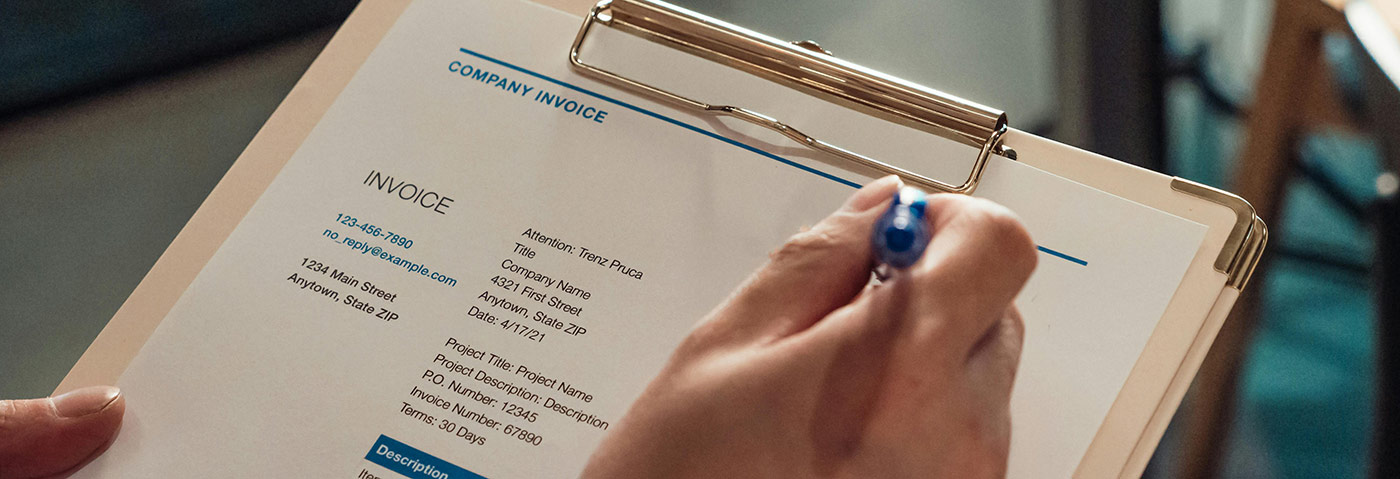The Purpose and Importance of Dunning Letters
Dunning letters serve a purpose beyond mere reminders for payment; they are an integral part of financial oversight and client relations. Their main goal is to motivate action among customers who are behind on payments, thus aiding businesses in sustaining consistent cash flow. Additionally, when composed with care, dunning letters can maintain a cordial relationship between a company and its clientele, allowing for efficient debt recovery without harming or stressing the business connection.

Crafting the Perfect Dunning Letter
Essential Components of a Dunning Letter
To achieve its objectives, a dunning letter must contain several key components:
- A clear reference to the outstanding debt, including any invoice numbers and the total amount due.
- A specific deadline for payment, giving the customer a clear timeframe within which to act.
- Payment instructions, making it as easy as possible for the customer to settle their debt.
- A polite yet firm tone, balancing professionalism with the urgency of the situation.
Tone and Language
The manner in which a dunning letter is written holds significant importance. It needs to strike a balance between being professional, respectful, and steadfast, without resorting to language that might be seen as threatening or too harsh. The objective is to motivate the customer to settle their dues while keeping the business relationship intact and positive. Tailoring the letter to the individual can amplify its effectiveness, signaling that the message is a tailored appeal from a familiar and respected business partner, rather than a generic nudge for payment.

Strategies for Successful Dunning
Timing and Frequency
Timing is everything in debt collection. The first dunning letter should be sent soon after the payment becomes overdue, with subsequent reminders spaced at regular intervals. This consistent follow-up demonstrates the seriousness of the situation while giving the customer ample opportunity to respond.
Follow-up and Escalation
If initial dunning letters go unanswered, it may be necessary to escalate the matter. This could involve more direct forms of communication, such as phone calls or legal notices. However, escalation should always be handled professionally, with each step clearly communicated to the customer.

Conclusion
Crafting impactful dunning letters involves a careful mix of assertiveness, professionalism, and diplomacy. Such letters play a vital role in preserving both cash flow and positive client relations, especially when dealing with late payments. Nevertheless, if these letters fail to achieve the desired outcomes, companies might have to explore other methods for collecting debts.
This is where Retrievables comes in. As a debt collection marketplace, Retrievables connects businesses with experienced collections attorneys, offering a professional solution when traditional dunning efforts fall short.































